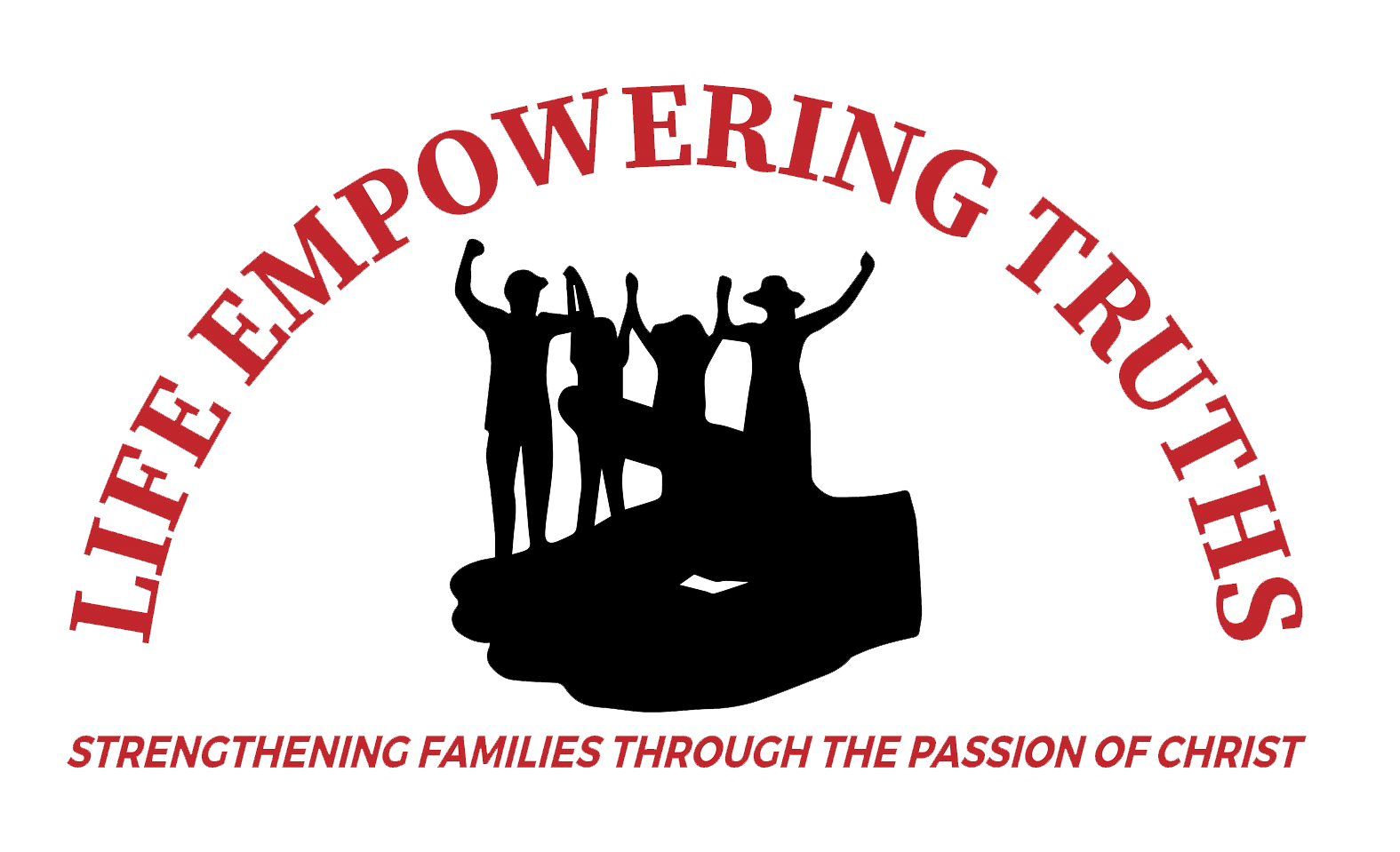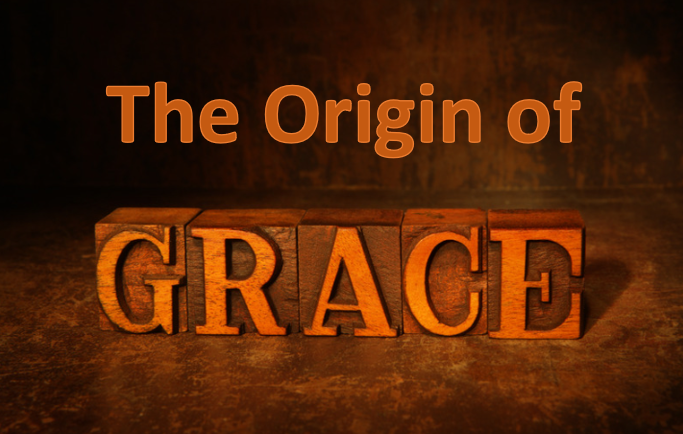“Read the Old Testament for inspiration and motivation, but not application.” This blatant lie is why so many Christians mistakenly believe that grace is a New Testament idea. It comes from the notion that the death and resurrection of Messiah released grace on humanity for the very first time. Truth be told, the Most High’s unmerited favor did not begin at Calvary. This is what a lot of preachers got wrong about the gospel and it led to a confusing ‘not under law, but grace’ doctrine. In this passage from Romans 15:4, Paul is saying, “whatever things were written before were written for our learning, that we through the patience and comfort of the Scriptures might have hope.” What were the things written before? He’s talking about the Old Testament manuscripts– the sacred Scriptures. It says the things written before were written for our learning. They didn’t have the New Testament writings in the days of Paul, and even if they did, Paul is making it clear that the Old Testament (the things written before) were written for our learning. So, we need to go back to the Old Testament to get a better understanding of unmerited favor, commonly referred to as grace.
We were not chosen because we were so much better than the other nations. Moses is going to make that clear in verse 24 of Deuteronomy 9. He says, “You have been rebellious against the Most High from the day that I knew you.” He didn’t pull any punches; he didn’t try to soften it in any way. So, we need to set the record straight. Moses is saying, it was because of your rebellion that he was forced to fall down before the Most High for 40 days and 40 nights. Why did Moses do that? Because the Most High was ready to destroy us. Just pause and think on that. Moses prayed and interceded for us and asked the Most High not to destroy His people and His inheritance. We are YAH’s inheritance– His portion.
Moses reminded the Most High that He had redeemed His people through His greatness when He brought them out of Egypt with a mighty hand. What Moses says about redemption makes it clear that redemption is not a New Testament concept either. Moses points back to the covenant. He says, “Remember thy servants Abraham, Isaac, and Jacob. Look not unto the stubbornness of this people, nor to their wickedness, nor to their sin.” What we need to understand is that in spite of our imperfections, YAH chose us. Think about the potter’s clay. The clay was in the potter’s hand when it was being shaped and molded into a vessel. The potter found an imperfection, he found it in the clay. So, he started over, but not with new clay. He began reshaping the same clay into a vessel that pleased him. Please get this family. The Almighty made a choice concerning us. It’s His right as Sovereign. He entered into covenant with us, not because we were already perfect. He was not looking at our merit or worth, He was looking at His.
There were many individuals in the Old Testament era who had a heart toward YAH, but we rise and fall as a nation. As a people, we didn’t have eyes to see and ears to hear. So, the patron, the Sovereign, has to do for us what we could not do for ourselves. He knew what He wanted the outcome to be. A temporary solution was put in place (and I’m speaking about the sacrifice of animals to atone for sin). The purpose for the law was to be the red light that says, “you missed the mark and now you need to take the next step”– which is to ask for help. You receive the help or the gift from the patron by faith, but it doesn’t stop there. Something has to be bestowed, given to you, so that you can become what the Sovereign wanted you to be in the first place. The last state is now better than the first. What happened? The Sovereign or the patron allowed conditions and consequences so that you would be brought to the end of yourself, so that you could see your need for help.
Like the prodigal son when he woke up and came to himself, he knew that he had to return to his father’s house. He had to go back to the place and be in the right position to receive the father’s blessings. When he left his father’s house, he didn’t have eyes to see and ears to hear. The father waited him out, but when he returned, he received him with open arms. In Deuteronomy 7:8-12, Moses is telling us that all of this is built on the previous relationship. We didn’t keep our part of the deal previously because of the condition of our heart as a nation. However, the Most High’s word is not going to return unto him void. He gave a promise to our forefathers. His initial intent concerning us is going to happen because his gifts and calling are without repentance. He chose us for a reason and circumcision of the heart makes it possible for us to carry out his will.
The idea of heart circumcision is a central component of the renewed covenant. The words in Deuteronomy highlights the covenant as a gift given to Israel, but there are mutual benefits. What do I mean by that? We’re blessed for having received it and YAH’s will concerning us will also be accomplished. So contrary to what theologians say, family, grace didn’t start at the cross or at Calvary. In Isaiah 26:10, it says, “Let grace be shown to the wicked, yet he will not learn righteousness; in the land of uprightness he will deal unjustly and will not behold the Majesty of the Most High.” So, even though it was shown to all men, some will never receive it.
We see grace interwoven throughout Scripture. There is an enemy with a vested interest in portraying the Most High as a malevolent and harsh deity. Satan wants us to accuse YAH. He wants us to say He’s not good. Why? Because of the judgment that he and the other fallen angels received for their actions. Why weren’t they given a second chance? That’s the charge against the Most High. The judgment against them is already set. Hell was not made for man and we know that it is the evil one who wants us to accuse the Father unjustly. But we stand against that because Abba YAH is good and He is a rewarder of those who diligently seek Him. So, let’s dig into the origin of grace and look at examples from the Old Testament to get a better understanding of its meaning as it pertains to Israel. Learn more when you view the accompanying video, What They Got Wrong About Not Under Law, But Grace Doctrine.



